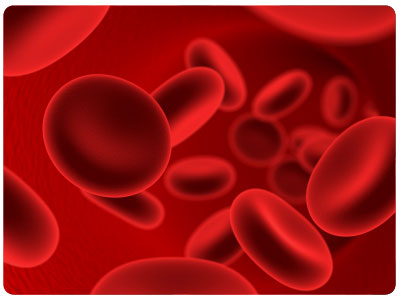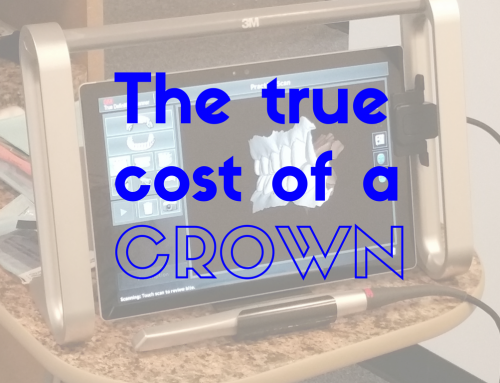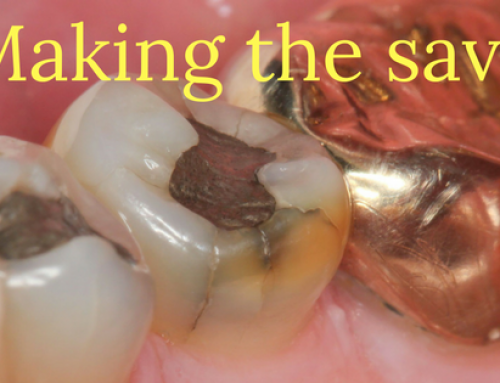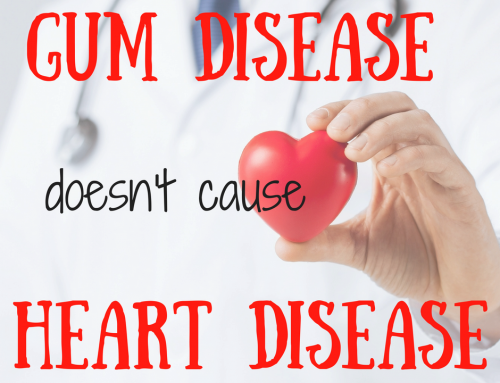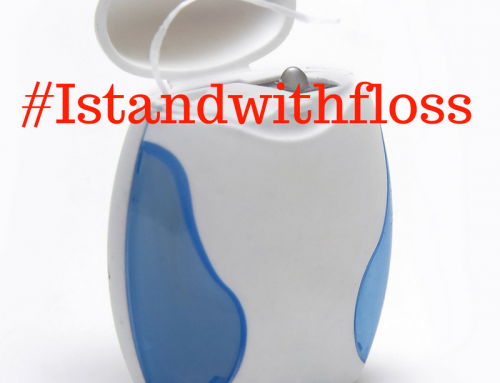 It’s basketball season. So we’re seeing a lot of fans. MSU fans, U of M fans, Pistons fans and a whole lot of different high school basketball team fans. Those fans LOVE rebounds! Those aren’t the rebounds that I’m talking about.
It’s basketball season. So we’re seeing a lot of fans. MSU fans, U of M fans, Pistons fans and a whole lot of different high school basketball team fans. Those fans LOVE rebounds! Those aren’t the rebounds that I’m talking about.
Quite a few of our patients 50 and older are taking some kind of anticoagulant medication. Aspirin, Coumadin, Plavix or even the newest ones like Exanta are used to prevent the buildup of plaques in the arteries of the heart. And they work. They cause the blood to be less “sticky,” which can help reduce the risk of heart attack, stroke and embolism in those with artery blockage. The side effects are that they can cause bruising and extended bleeding from wounds. Some dental treatments, particularly surgeries like tooth removal, can cause mild to moderate bleeding. Since bleeding is the first step in wound healing, this is O.K.
In the past, those taking anticoagulant medications were sometimes told to stop taking them 2-3 days prior to a tooth extraction. It was a gray area. Some docs said 2 weeks, some docs said a couple days and some docs said “don’t worry about it.” A lot of patients have been taking these medications for awhile and what they remember is that they stopped taking them for an extraction.
More recent research has described the “Plavix rebound.” It happens when someone discontinues anticoagulant therapy suddenly. Like 2 days before an extraction. This rebound effect puts the patient at significantly higher risk of stroke, heart attack and embolism for the NEXT 90 DAYS! Although most of the current research is with Plavix, the same effect has been known for quite some time with older anticoagulants.
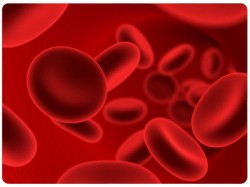 So let’s say you’re on an anticoagulant and you need a tooth removed. My experience has been that in most cases we can remove the tooth and control any bleeding in the office without taking you off your medication. We have a lot of techniques including more minimally invasive surgical techniques as well as wound closure techniques that make postoperative bleeding a non-issue. If you or your doctor have concerns about wound healing I’m happy to discuss it with your doctor. But my guess is that now the risk of “rebound” is much greater than the risk of postop bleeding.
So let’s say you’re on an anticoagulant and you need a tooth removed. My experience has been that in most cases we can remove the tooth and control any bleeding in the office without taking you off your medication. We have a lot of techniques including more minimally invasive surgical techniques as well as wound closure techniques that make postoperative bleeding a non-issue. If you or your doctor have concerns about wound healing I’m happy to discuss it with your doctor. But my guess is that now the risk of “rebound” is much greater than the risk of postop bleeding.
So here’s the deal: DON’T STOP TAKING YOUR ANTICOAGULANT MEDICATION WITHOUT TALKING TO YOUR DENTIST AND YOUR DOCTOR. Even if you stopped it in the past.
Did find this post helpful? Awe inspiring? Annoying? I’d love to hear about it! You can share any Mead Family Dental post with a “Like” on Facebook, a “+1″ on Google+ or you can even “Tweet” it with Twitter! All you need to do is hover over the heart shaped button next to the title of the post. Or you can leave a comment by clicking on the balloon shaped icon next to the title.
If you’re looking for a dentist in Saginaw, we’re always happy to accept new patients! You can request an appointment online or call the office at (989) 799-9133. And, as always, you can email me at alan@meadfamilydental.com. I always answer my own emails!

